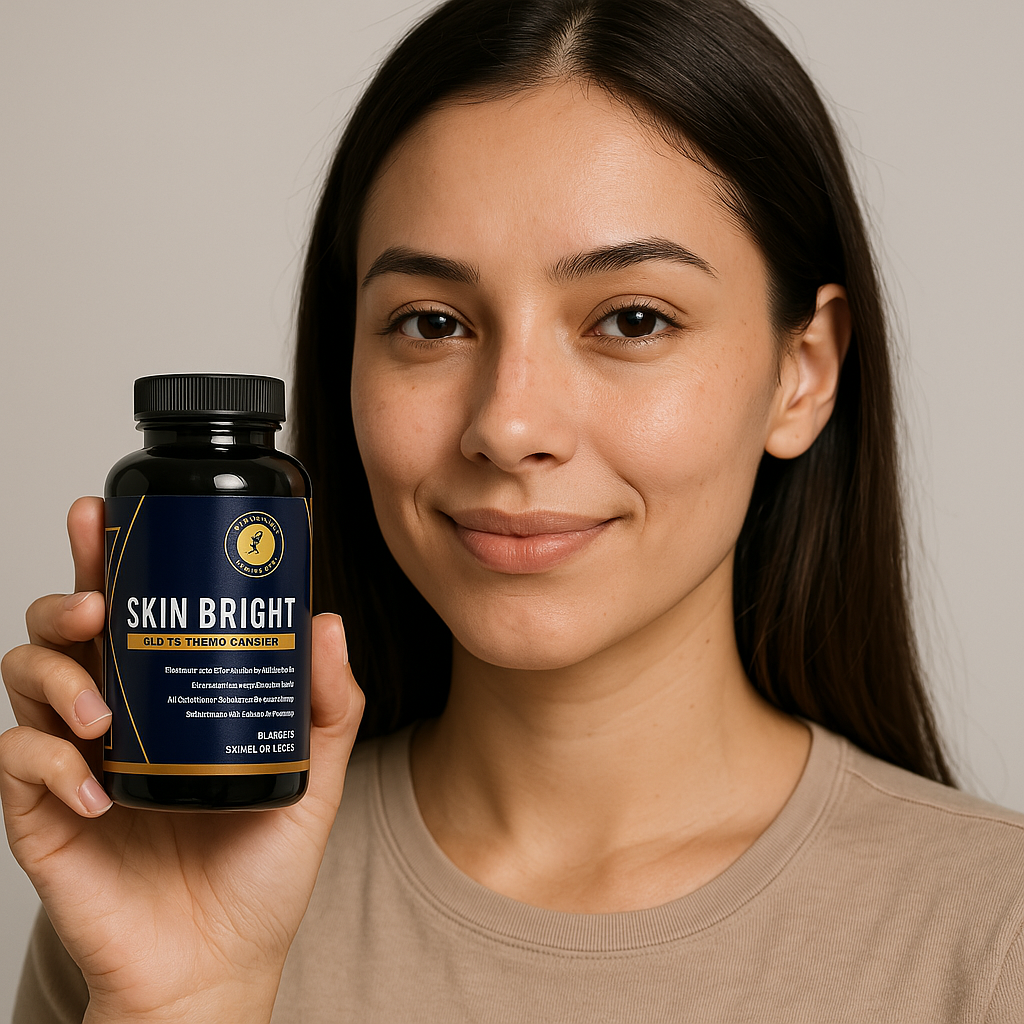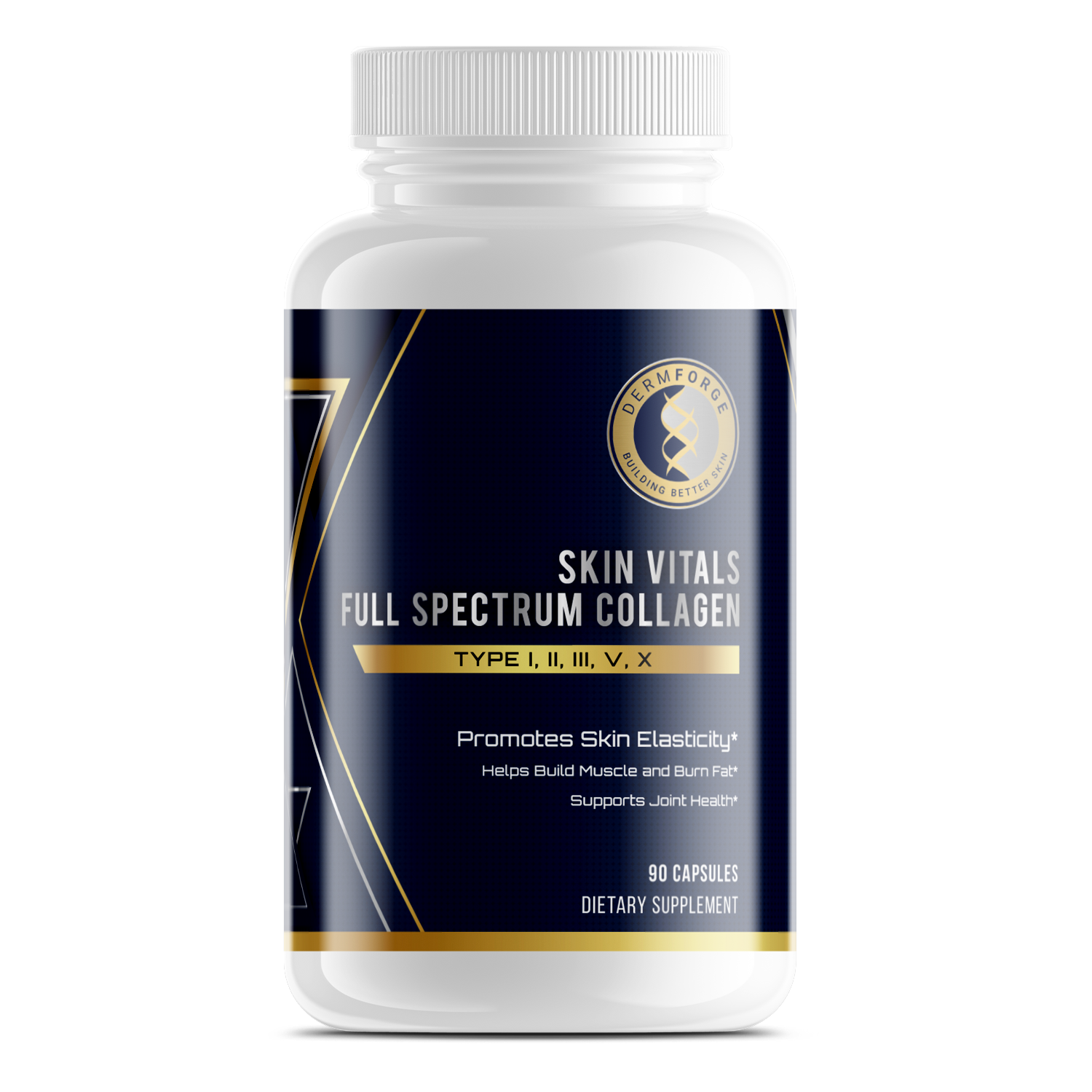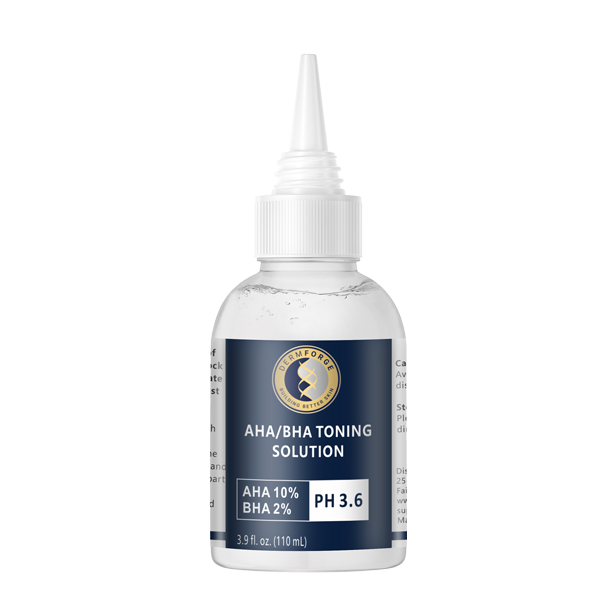Glutathione supplements and skin brightening have become popular topics among people interested in improving their skin tone and appearance. These supplements are often promoted for their antioxidant properties and their ability to lighten skin. However, many individuals are unaware of how glutathione works or what to expect. Therefore, understanding its function and potential benefits is essential before adding it to your routine.
Additionally, glutathione plays a significant role in your body’s natural detoxification process. It helps neutralize free radicals that can damage skin cells. Therefore, many believe that increasing glutathione levels may lead to clearer, brighter skin. However, the science behind these claims deserves a closer look to set realistic expectations.
You might be wondering how glutathione affects melanin production and your skin’s appearance. Melanin is responsible for the color of your skin, hair, and eyes. Therefore, reducing melanin production may result in a lighter, more even skin tone. However, results from supplementation can vary depending on your skin type and overall health.
Additionally, choosing the right supplement and adopting healthy lifestyle habits can support your skin brightening goals. Not all supplements offer the same quality or effectiveness. Therefore, it’s helpful to learn about ingredients, dosage, and safe usage.
By understanding how glutathione impacts your skin, you can make informed decisions about supplementation. Additionally, you will be better prepared to create a skincare routine that aligns with your wellness goals. However, it’s important to approach skin brightening with realistic expectations and professional guidance.
What is Glutathione?
Glutathione is a powerful antioxidant found in every cell of your body. It's composed of three amino acids: glutamine, glycine, and cysteine. Your liver produces glutathione, which plays a key role in various bodily functions. It supports immune function, helps in DNA synthesis, and aids in detoxifying harmful substances.
As an antioxidant, glutathione protects your cells from damage caused by free radicals and reactive oxygen species. By neutralizing these harmful compounds, it helps maintain cellular health and reduces oxidative stress. This function is essential in preventing chronic diseases and promoting overall well-being.
Your body naturally synthesizes glutathione, but you can also obtain it from certain foods. Consuming sulfur-rich foods like garlic, onions, and cruciferous vegetables can support glutathione production. Additionally, foods high in vitamins C and E, such as citrus fruits and nuts, may help maintain optimal glutathione levels.
Maintaining adequate glutathione levels is important for your health. Some individuals turn to glutathione supplements for various reasons, including skin brightening. These supplements are believed to reduce melanin production, leading to a lighter skin tone. However, it's advisable to consult with a healthcare professional before starting any supplementation.
How Glutathione Affects Skin Health
Glutathione influences your skin's health in several ways. One notable effect is its impact on melanin production, the pigment responsible for your skin's color. Glutathione interacts with tyrosinase, an enzyme crucial for melanin synthesis. By binding to tyrosinase, glutathione can inhibit its activity, leading to reduced melanin formation. This process may result in a lighter skin tone and is a reason why some individuals consider glutathione supplements for skin brightening.
Oxidative stress also plays a significant role in skin appearance. When your skin cells face oxidative stress, they suffer damage that can lead to dullness and uneven tone. Glutathione, as a potent antioxidant, helps neutralize reactive oxygen species. This action protects your skin cells from oxidative damage, promoting a more radiant and healthy complexion.
Additionally, glutathione contributes to anti-aging and skin detoxification. By reducing oxidative stress, it supports the maintenance of collagen and elastin, proteins essential for skin elasticity and firmness. This preservation can help diminish the appearance of fine lines and wrinkles. Furthermore, glutathione aids in detoxifying your skin by facilitating the removal of toxins and heavy metals. This detoxification process supports overall skin health and can enhance your skin's natural glow.
The Link Between Glutathione Supplements and Skin Brightening
Glutathione supplements have gained attention for their potential to brighten skin. Available in various forms—capsules, powders, and intravenous (IV) drips—they offer different methods of administration. Capsules and powders are commonly used due to their convenience and accessibility. IV drips, though less common, deliver glutathione directly into your bloodstream.
Research into glutathione's skin-brightening effects has yielded mixed results. Some studies suggest that oral glutathione may reduce melanin production, leading to a lighter skin tone. For instance, a study reported that participants taking 500 mg of oral glutathione daily experienced a significant reduction in melanin indices after four weeks. However, other studies have found no significant changes, highlighting variability in outcomes. Topical applications have also shown promise, particularly in reducing hyperpigmentation conditions like melasma. Yet, the overall evidence remains limited and inconclusive.
It's important to approach glutathione supplements and skin brightening with realistic expectations. While some individuals may notice subtle improvements, results can vary widely. Factors such as dosage, duration of use, and individual differences play significant roles. Additionally, the long-term safety of glutathione supplementation for skin brightening is not well-established. Reported side effects include gastrointestinal discomfort and, in rare cases, more severe reactions. Therefore, consulting with a healthcare professional before starting any glutathione regimen is advisable.
Choosing the Right Glutathione Supplement
When selecting a glutathione supplement, it's important to consider formulations that include complementary ingredients. Vitamin C, for example, can enhance glutathione's effectiveness by regenerating its active form. Alpha Lipoic Acid (ALA) supports the body's own glutathione production and recycles antioxidants like vitamins C and E. Additionally, BioPerine, a black pepper extract, may improve nutrient absorption, potentially increasing the supplement's efficacy.
The form of glutathione in the supplement also affects its absorption and effectiveness. Reduced glutathione is commonly used, but its bioavailability can be limited due to breakdown in the digestive tract. Liposomal glutathione, encapsulated in lipid spheres, may offer better absorption by protecting the molecule through digestion. S-acetyl glutathione is another form designed to enhance stability and bioavailability.
Dosage recommendations for glutathione supplements vary, but studies often use doses ranging from 250 mg to 1,000 mg per day. It's advisable to start with a lower dose to assess tolerance and consult with a healthcare provider for personalized guidance.
Choosing a reputable brand is essential to ensure product quality and safety. Look for supplements that have undergone third-party testing, which verifies that the product contains the ingredients listed on the label without contaminants. Brands that provide transparency about their sourcing and manufacturing processes can offer additional assurance of quality.
When considering glutathione supplements for skin brightening, be aware that individual results can vary. Factors such as overall health, lifestyle, and consistency of use play roles in the outcomes. While some may experience noticeable changes, others might find the effects more subtle.
Selecting the right glutathione supplement involves evaluating additional ingredients, understanding different forms and dosages, and choosing products from reputable, transparent brands. Consulting with a healthcare professional can provide personalized advice tailored to your specific needs and goals.
Safety, Side Effects, and Precautions
When considering glutathione supplements for skin brightening, it's important to be aware of potential side effects. Some individuals may experience abdominal cramps, bloating, or allergic reactions such as skin rashes. Inhaling glutathione can lead to breathing difficulties, especially for those with asthma. Overuse might disrupt your body's natural antioxidant balance, potentially causing cellular damage. Additionally, long-term supplementation could lower zinc levels, which is essential for immune function.
Certain groups should approach glutathione supplementation with caution. Pregnant and breastfeeding individuals should consult a healthcare professional before use due to limited safety information. If you have asthma, inhaling glutathione may worsen your symptoms. Those with existing liver or kidney conditions should also seek medical advice before starting supplementation. Always discuss any new supplement regimen with your healthcare provider to ensure it's appropriate for your health situation.
Determining the right dosage is essential for safety and effectiveness. Studies have used daily oral doses ranging from 250 mg to 1,000 mg. However, there isn't a standardized dosage for skin brightening purposes. It's advisable to start with a lower dose and monitor how your body responds. Consulting with a healthcare professional can help you find the appropriate dosage tailored to your needs. Remember, individual responses can vary, so professional guidance is key.
Integrating Glutathione into a Skincare and Wellness Routine
Integrating glutathione supplements into your skincare and wellness routine may support skin brightening efforts. For optimal absorption, consider taking glutathione on an empty stomach, at least 30 minutes before meals. Combining it with vitamin C can enhance its effectiveness by maintaining its active form longer. Consulting with a healthcare professional can help determine the appropriate dosage and timing for your needs.
Incorporating complementary skincare products can further enhance results. Topical treatments containing vitamin C, such as serums, can brighten your complexion and reduce dark spots. Hyaluronic acid-based moisturizers help maintain skin hydration, promoting a plump and youthful appearance. Additionally, using broad-spectrum sunscreen daily protects your skin from UV damage, preventing hyperpigmentation and supporting overall skin health.
Adopting a healthy lifestyle also plays a role in skin brightening. Eating a balanced diet rich in fruits, vegetables, and lean proteins provides essential nutrients that support skin health. Regular exercise improves circulation, delivering oxygen and nutrients to your skin cells. Adequate sleep allows your skin to repair and regenerate, contributing to a radiant complexion. Managing stress through practices like meditation or yoga can also positively impact your skin's appearance.
By thoughtfully combining glutathione supplements with supportive skincare products and healthy lifestyle choices, you can create a comprehensive approach to skin brightening. Remember, consistency is key, and results may vary based on individual factors.
Conclusion
Glutathione supplements and skin brightening continue to gain popularity among individuals seeking a clearer, more even complexion. Many people find these supplements helpful, though results often depend on consistency and lifestyle choices. However, it's important to remember that no supplement works overnight or guarantees dramatic results.
Additionally, using glutathione alongside a balanced skincare routine may improve outcomes. You should focus on daily sunscreen use and topical antioxidants. These products can support glutathione's effects by protecting your skin from damage and maintaining hydration.
Therefore, before starting any new supplement, you should evaluate your skin goals and health condition. Consulting with a healthcare provider helps you choose the right dosage and product. However, it's equally important to pair supplementation with healthy habits like balanced nutrition and regular exercise.
Although many users report positive results, remember that individual experiences will differ. Your skin tone, genetics, and overall health can influence how your body responds. Therefore, patience and realistic expectations will allow you to assess results over time.
Additionally, monitoring for any side effects is wise, especially if you have underlying health conditions. Some people experience mild digestive issues when starting supplements. However, most side effects are uncommon and usually resolve with proper dosage adjustment.
If you choose to try glutathione supplements and skin brightening, focus on long-term wellness. Pair supplements with healthy skin practices and a well-rounded routine. Over time, these combined efforts may help you achieve a clearer, brighter complexion.






